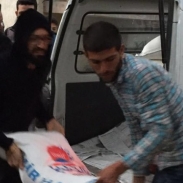 Local Communities and the Localisation of Aid Agenda
Local Communities and the Localisation of Aid Agenda
What is the Localisation of Aid Agenda? Refugee Hosts PI Elena Fiddian-Qasmiyeh problematises and contextualises trends in international humanitarian work that seeks to increasingly partner with ‘locals’ as part of their response. But what is ‘the local’? Context matters in the debate.
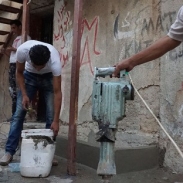 Before Defining What is Local, Let’s Build the Capacities of Humanitarian Agencies
Before Defining What is Local, Let’s Build the Capacities of Humanitarian Agencies
The localisation of aid agenda is shaped by a discourse of global humanitarianism, argue Janaka Jayawickrama and Bushra Rehman, that is characterised by a particular, cultural relationship to power: localisation must challenge this if it is to be effective.
 Does Faith-Based Aid Always Localise Aid?
Does Faith-Based Aid Always Localise Aid?
There is a need to reflect on local contexts to ensure that engagements with Local Faith Communities do not rely on essentialising practices that assume certain groups speak on behalf of a homogenous ‘locale,’ argues Estella Carpi.
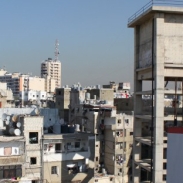 Refugee-Led Human-itarianism in Lebanon’s Shatila Camp
Refugee-Led Human-itarianism in Lebanon’s Shatila Camp
Refugee-led humanitarian initiatives by ‘established’ Palestinian refugees responding to the arrival of ‘new’ displaced Syrians to Shatila camp raise key questions about the limitations of the humanitarian system and representations of refugees as passive victims, argues Hind Sharif.
 Humanitarian Access and the Role of Local Organisations
Humanitarian Access and the Role of Local Organisations
As the formal humanitarian sector works to develop more meaningful partnerships with local organisations and communities, there is a need for international organisations to take a step back, argues Eva Svoboda.
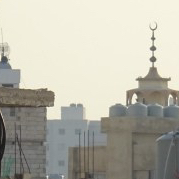 When Local Faith Actors Meet Localisation
When Local Faith Actors Meet Localisation
Efforts to bring local faith actors (LFAs) into the humanitarian system have been a key aim of the localisation agenda. As such, there is a need to ensure that such engagements provide space for LFAs to remain faith actors, while also aligning them with ‘humanitarian principles’, argues Olivia Wilkinson.
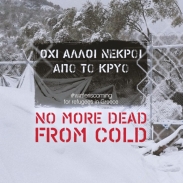 Learning from the Local in Greece
Learning from the Local in Greece
Making localisation work is about much more than ensuring local actors receive a greater share of the funding pie, argues Tina Mason. Learning from ‘the local’, and challenging the ‘local’ versus ‘international’ binary is the real priority for international humanitarian agencies.
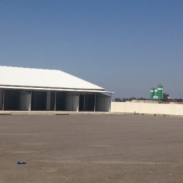 Assessing Urban-Humanitarian Encounters in Northern Lebanon
Assessing Urban-Humanitarian Encounters in Northern Lebanon
Humanitarian partnerships in local urban contexts produce at times contradictory, antagonistic outcomes. This example, from Estella Carpi’s research in Northern Lebanon, shows how a good grounding in context and an understanding of local urban dynamics can prevent meaningful efforts from failure.
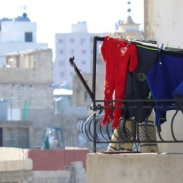 Refugee Neighbours and Hospitality
Refugee Neighbours and Hospitality
Efforts to properly engage with the local have been held back by a failure to fully recognise the role(s) of established refugee communities in responding to the needs of displaced peoples. In response, Elena Fiddian-Qasmiyeh and Yousif M. Qasmiyeh outline what they term ‘refugee-refugee humanitarianism’.
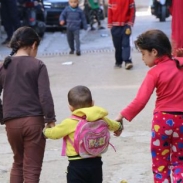 The Localisation of Aid and Southern-Led Responses to Displacement
The Localisation of Aid and Southern-Led Responses to Displacement
Elena Fiddian-Qasmiyeh introduces her new ERC-funded Southern Responses project, which explores how people affected by displacement themselves conceptualise, engage with, negotiate and resist these different Southern-led responses to refugees.
To read other contributions to our Contextualising the Localisation of Aid series, click here.
MORE ESSENTIAL READING:
Representations of Displacement
Translation, Poetry and Displacement
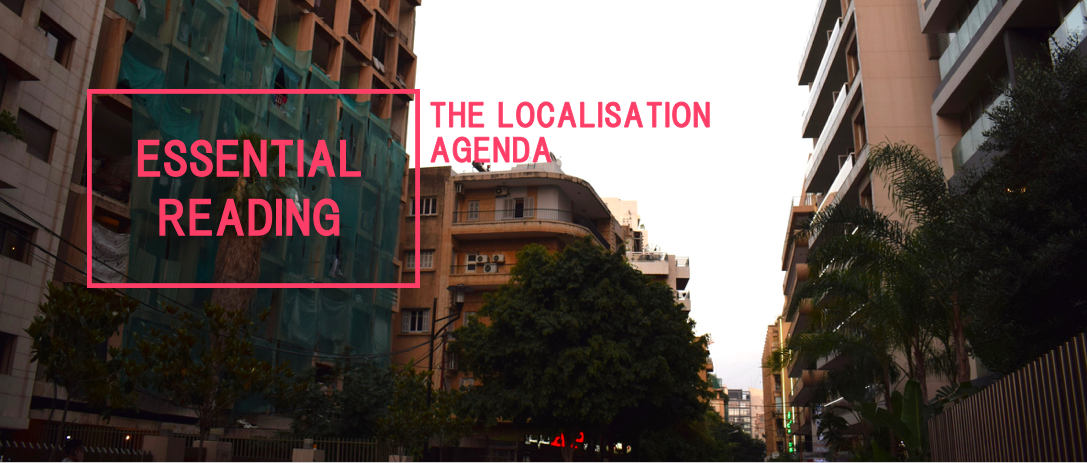
You must be logged in to post a comment.